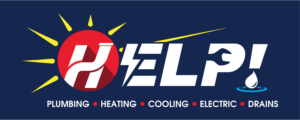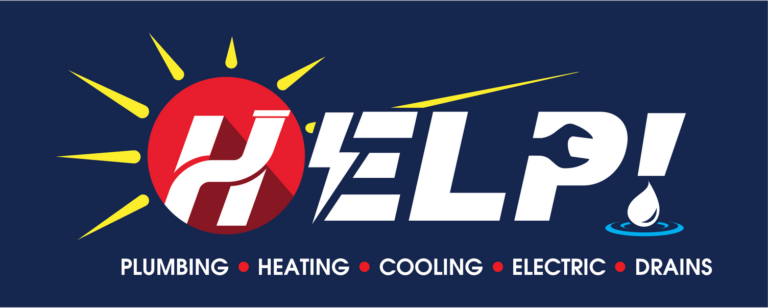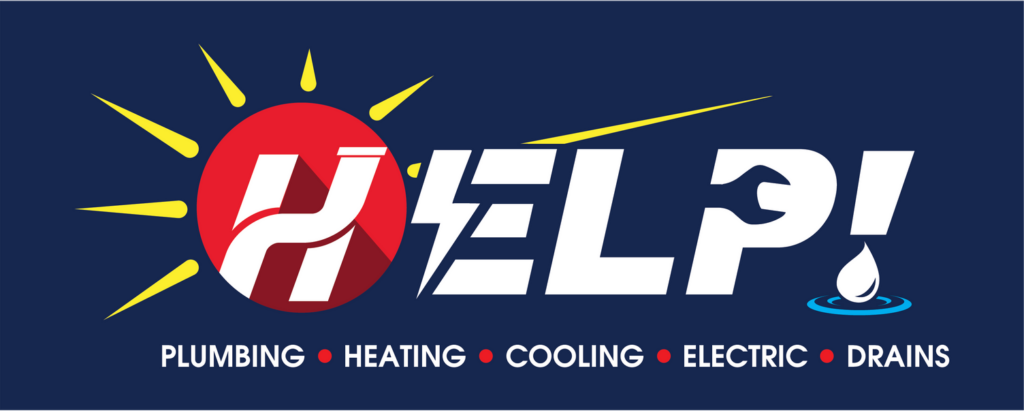Cincinnati summers are usually hot and humid, making your air conditioner much harder to keep your home comfortable, cool, and safe. If your air conditioner isn’t doing its job, you probably notice hot, sweaty nights or miserable days when the sun is at its most scorching.
Air conditioners can have issues that keep them from cooling effectively. Of course, this tends to happen during the summer heat, not in the dead of winter when you’re using the furnace. Some of the causes are small fixes that you can handle yourself, while others may require an HVAC professional. Find out some common reasons for your HVAC not cooling.
Dirty Air Filter
Air conditioners have an air filter that’s found near the indoor air handler unit. These filters are intended to catch dirt, dust, and dander to maintain your indoor air quality and prevent this debris from getting into the system’s components. Worse yet, having these contaminants can trigger allergies or respiratory problems, especially in people with health problems.
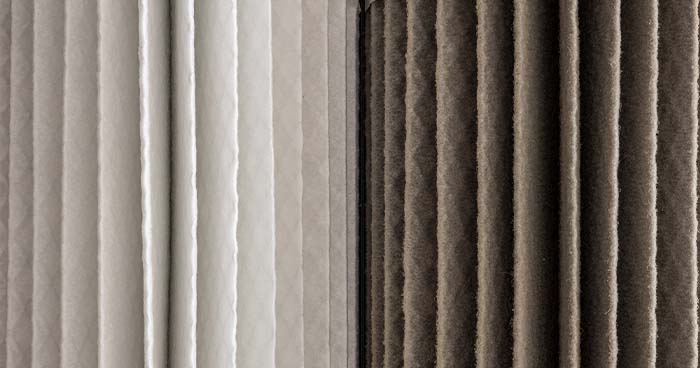
If you have a dirty air filter, that can be a cause for your air conditioner not cooling your home effectively. A dirty air filter blocks the airflow, keeping cool air from going into your home and hot air from getting out. If the blockage is severe, your system may shut down to prevent any damage. If you notice that your air conditioner isn’t cooling, checking the filter to make sure it’s clean should be one of the first things you do.
Incorrect Thermostat Setting
Sometimes, an issue with your air conditioner is a simple problem of a thermostat that’s incorrectly set. You may have someone else in your home messing with the settings and turning the temperature up or changing the mode accidently.
Always check your thermostat setting to make sure that your air conditioner is set to “cool” and that it has a low temperature. You should also check the mode to make sure it’s not set on fan or heat.
Condenser Coils Are Clogged
Central air conditioners have an outdoor condenser unit with a large coil that wraps around them. This condenser coil has individual fins that are set close together and it transfers the heat from your home to the outdoors.
Refrigerant Leak
Refrigerant flows through the indoor and outdoor coils in air conditioners, changing from a liquid to a gaseous form to transfer heat and humidity from the indoors to the outdoors. This is how your air conditioner is able to cool your house.
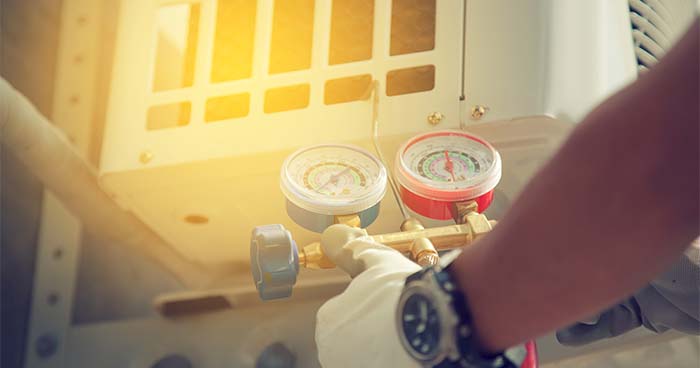
If your refrigerant leaks, the system has to work twice as hard to cool your home, often failing, and a severe enough leak can shut the entire system down. If you suspect a leak, you should contact an HVAC contractor to repair your system and prevent any further damage.
Air Conditioner Is Too Small
Air conditioners are measured in BTUs, or British Thermal Units, which are the standard for these systems. The BTUs help you decide which sized air conditioner is appropriate for your home, considering factors like the square footage, climate, insulation, sun-facing sides, and more. If you get a unit that’s too big, it will cycle on and off without properly removing humidity. If the system is too small, it has to work harder to cool and still won’t be able to remove the heat.
If your air conditioner is too small, consider replacing it with a system that’s sized appropriately for your home. Though you may spend money to replace an air conditioner when it still has some life left, the cost is minimal compared to the energy bills and repairs you’ll deal with from having a system that’s not powerful enough for the space.
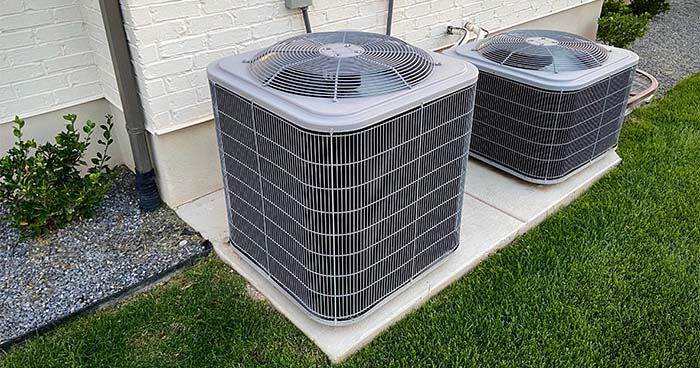
Need repairs or maintenance for your HVAC system in Ohio? Contact the pros at HELP Plumbing to schedule your appointment!
